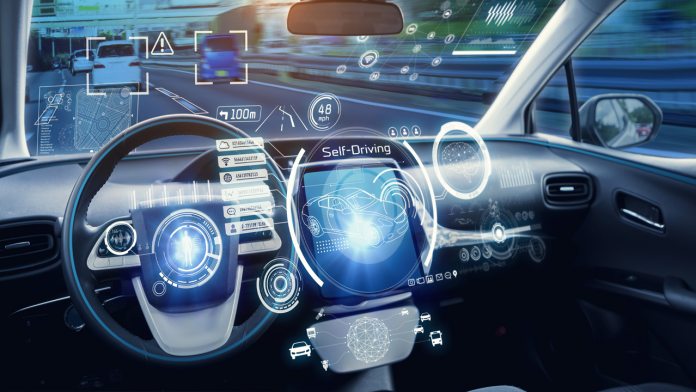“Karl Benz and Henry Ford revolutionized transportation with the initial development and mass production of the automobile,” said Sanjay Ravi, general manager, automotive industry, Microsoft. “Now, more than a century later, the automotive industry is poised to transform transportation again, with a push to develop connected, personalized and autonomous driving experiences, electric vehicles and new mobility business models from ride-sharing to ride-hailing and multimodal, smart transportation concepts”. Rather than focusing on creating these products itself, Microsoft is building out the sizeable back-end infrastructure and working with partners.
A Three-Pillar Strategy
According to Ravi, Microsoft’s strategy has three core principles. One is intelligent partnerships across the industry, rather than its own vehicles or mobility as a service offering. Another relates to customer data, specifically how it’s handled. Ravi says it’s important to Microsoft that user’s data is not monetized, but owned by the customer and used for insights. Finally, it wants to support such companies in a way that extends their unique brand experiences. The tech giant has partnered with a number of big companies in its journeys and will be showing off some of its efforts at the show. A core part of its solution includes the Connected Vehicle Platform (MCVP). It has previously provided the connection and prediction services to Volkswagen and Renault-Nissan-Mitsubishi, but is now working with LG, Faurecia, and Cubic Telecom. It’s also providing mapping and navigation services via partnerships with TomTom and Moovit. Outside of the MCVP, it’s working with Audi to simulate autonomous solutions via Azure and aiding marketing and sales with its Microsoft Automotive Accelerator. Finally, Microsoft is doing work in the supply chain, with Icertis for contract management, and BMW for an Open Manufacturing Platform that encourages optimization-focused collaboration between industrial manufacturers. If that sounds like a lot, it’s because it is. Microsoft’s tactic is essentially bringing data and services from multiple sources together to craft a comprehensive solution. With automotives predicted to be worth 6.6 trillion in 2030, it could be a very lucrative position to be in.




